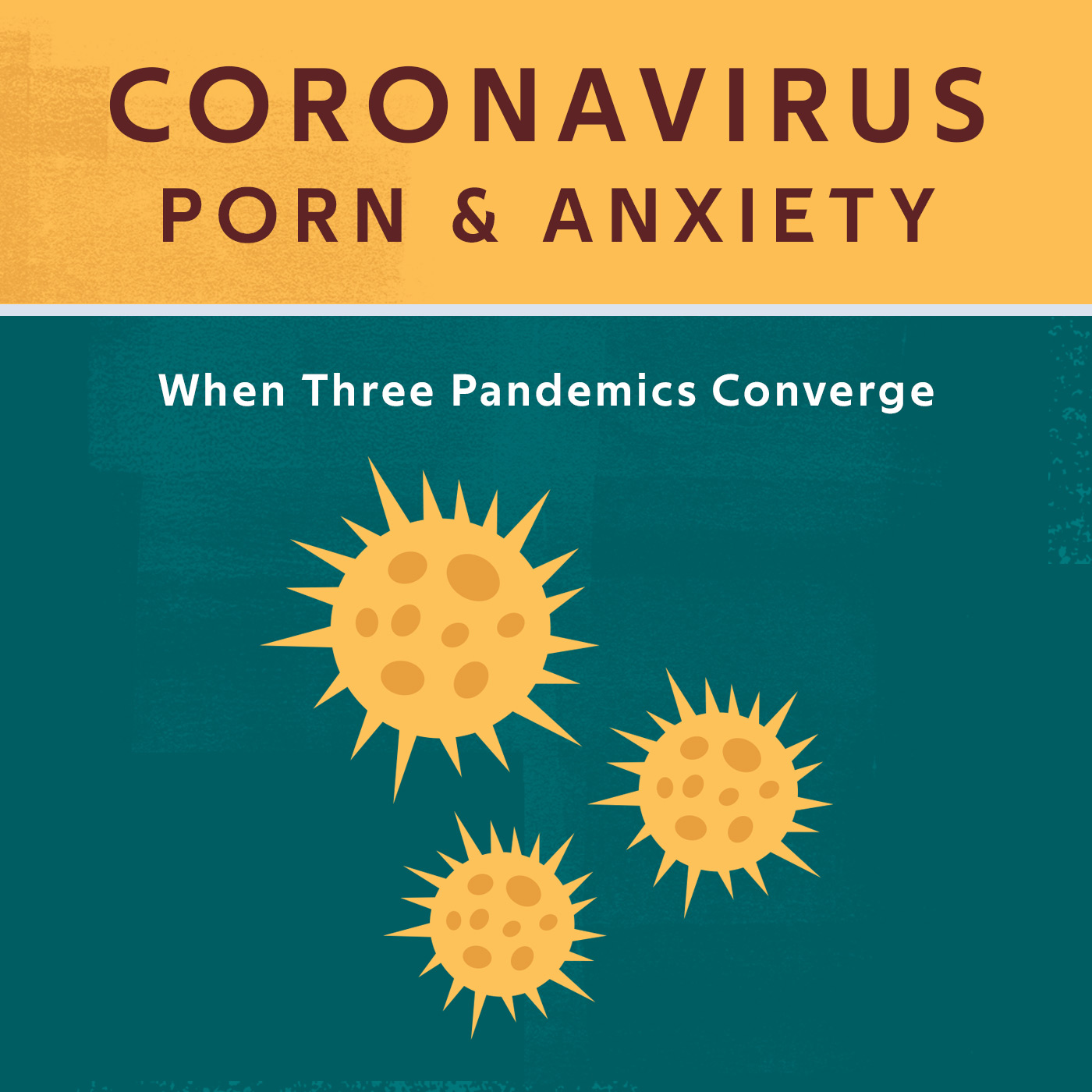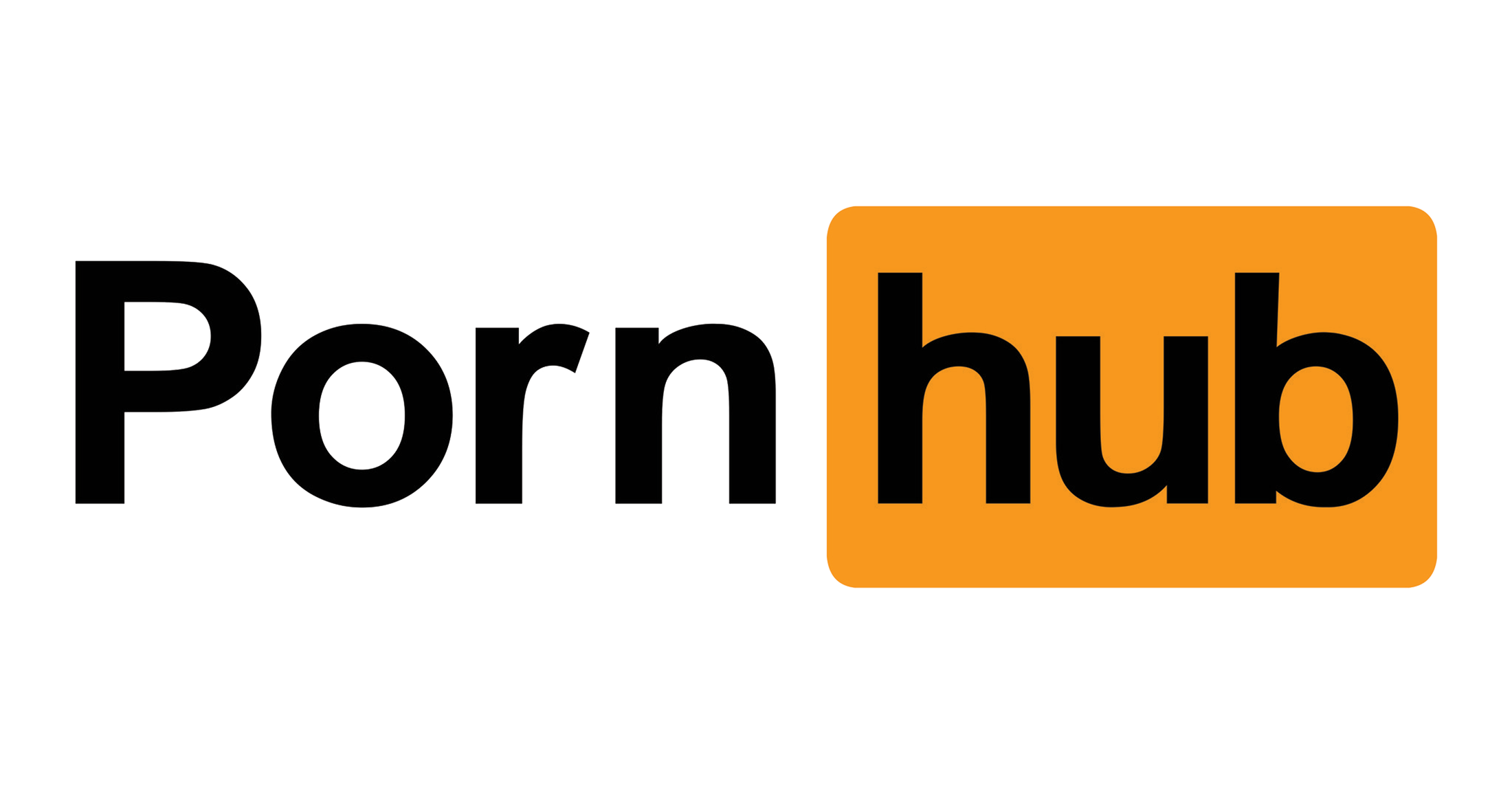Times of uncertainty like the one we’re in naturally intensify anxiety and powerlessness, and with it, the spread of pornography use. We turn to behaviors that provide relief from the difficulties we face, but as we all know, many of the solutions we find only end up intensifying our original distress.
What’s unfolding today is the confluence of three pandemics: COVID-19, pornography, and anxiety. One country that is experiencing this toxic convergence of three pandemics is Italy. The Italian government has taken extensive measures to quarantine the entire country to prevent hospitals from being further overwhelmed. In response, one of the most popular porn sites in the world offered everyone in Italy free premium porn subscriptions throughout the month of March.
When Italian Pornhub users opened the website, they saw this message:
“To keep you company at home during these weeks, you’ll be able to access Pornhub Premium for free for the whole month, with no need for a credit card.”*
Yes, to “to help keep you company” during a health pandemic, a country is invited to escape an anxiety pandemic by turning to a porn pandemic. While it’s concerning that a company would promote using human beings for sexual gain, they do so because porn offers two experiences we haven’t been able to find in the coronavirus pandemic: relief and power. The relief and power porn offers however is not only temporary, it’s deeply problematic for two reasons:
-
-
- Porn damages sex and mental health
- Porn is a violation against women.
-
Porn damages sex and mental health
One of the clients I spoke to this week said he felt more triggered to use porn now than in the last two years combined. “I’m not sleeping well and my mind starts racing by 5AM. We’re in a recession, but should we really be talking about a depression? And if that’s not enough, my dad has the flu and can’t get tested. My mind just can’t rest.”
As you can see with my client, when we’re anxious, our brains naturally seek out behaviors that provide us with an opportunity to find relief. What we actually need however is to develop an inner life capable of tolerating anxiety. Instead, porn offers us a shortcut to experience temporary calm and control. As a consequence of outsourcing a solution, we never develop the internal resources for growth.
When you pursue porn as a shortcut to reduce anxiety, your brain forms new neuropathways to connect what you’re doing to the pleasure you’re feeling.[i] A map of these experiences is formed in your brain, complete with powerful neurotransmitters like dopamine. These neurotransmitters change our brain by essentially saying, “Remember this! This feels amazing. Way easier than anything else.”
Porn = Less Sex
The more you use porn, the more it adversely effects your sexual life. Research has actually shown that the best way to have less sex and less satisfying sex is to watch porn. [ii] Porn simultaneously overloads you with sexual stimulation while also teaching you to only consider your own sexual desires. Porn is so appealing not merely because it’s ‘erotic’ or ‘erotica’, but also because it lets you create a world where nothing is required of you. Real sex asks you to know and develop your desires while also learning to study, delight, and call forth the desires of another. Therefore, if you want to limit your sexual potential, porn is the fastest route to do so.
Porn = Less Purpose
In the research I completed for my book Unwanted, I found that when a person lacked a clear sense of purpose, they were 7x more likely to increase the amount of porn they watched. It’s crucial to understand that a lack of purpose drives us to porn. Many people attempt to stop using porn but do little to transform what drives them to it.
If it were not for pornography, how else would you address your fear of the economy crashing? If not for porn, how else would you address the conflict you’re facing as you spend more time with your spouse? Porn invites you to escape the crucibles of your life. But when you take its bait, you find yourself hooked into an even greater experience of futility.
This is the madness of porn use. The very thing we choose to assuage personal and relational problems ends up intensifying them. At this juncture, many people try to fight against their desire for porn through contempt or self-mastery. The problem is that this fight does nothing to transform the key drivers that bring you to porn. Therefore, if you want to fight, don’t fight do eliminate porn, fight to create daily rhythms to find calm and greater purpose (more on that at the end of this article). When you have integrity with your anxiety, your clarity and confidence will grow in your capacity to face the uncertainty ahead.
Porn is a form of male violation against women
In times of crisis, we’re acutely aware of our need for relief, but I fear we’re not always aware of the damage we cause towards others in the process. One of the primary problems with porn is that one person’s relief is another person’s exploitation. The fantasy world created in porn requires a woman (or another human being) to be reduced to an object or commodity. In porn, a woman’s body is used to absorb the anxiety and anger men will not suffer.
Porn = Violence to women
Porn is always moving to greater levels of violation and degradation. This is why many men will see an escalation from their first porn exposure to what now arouses them. In the beginning, a swimsuit catalogue may have been enough, but now hardcore imagery is needed in order to achieve the same effect. Pornographers know that we start with a sacred longing for beauty, but that soon gets hijacked by our demand to control beauty, followed by the eventual desire to see beauty itself be degraded beneath us.
Porn draws men in to experience the warmth of sex and the fire of desire, but once we’ve witnessed the life-giving power of women, we’re confronted with a two-choice dilemma: live in awe before them or violate them. Researchers analyzed the content of over 300 popular pornography videos and found that men mostly prefer to violate this beauty as 88.2% of the scenes contained aggressive acts.[iii]
Personal healing helps stop the demand for exploitation
We can all agree that we’re entering a historic time of uncertainty. As we do our part to mitigate the suffering of others through social distancing and quarantine measures, let’s not forget our digital ethics as well. Even more heartbreaking than facing financial stress would be to become increasingly calloused to the impact our demand for porn has on the bodies and stories of the human beings marketed for sexual consumption. If we’re going to counter a global health pandemic and a porn pandemic, we’ll all need to do our part to protect others and learn generative practices of self-soothing. Learning to find calm in the face of adversity is not only an investment in our mental health, it also helps lessen the burden we place on others.
6 things you can do right now:
-
-
- Recognize that the specifics of your porn search reveal something about what you are attempting to reverse or repeat in your life. Watch this preview episode to learn more.
- Watch this short video from Dan Siegel, clinical professor of psychiatry at the UCLA School of Medicine: https://www.youtube.com/watch?v=-AJAe28xkvM&app=desktop. Siegel offers a simple and eloquent phrase for people who find themselves in distress: “name it to tame it.” When we identify and name our concerns, our emotional life is soothed.
- Download an app like Headspace to learn how to pay attention to the ‘traffic’ going on inside your mind. It will help you practice new ways of finding calm as the anxiety intensifies both within and outside of you.
- Stop and think about how porn influences you to feel afterwards. Consider if you really want to intensify your futility, shame, and loneliness.
- Pursue activities that engage the senses. Cooking a new recipe, playing an instrument, or writing a haiku will all allow you to experience far more life-giving experiences of pleasure and power.
- Talk to a trusted guide (therapist or mentor) or an ally about some of the anxiety you’re harboring. Many therapists are now offering sessions online. Go to psychologytoday.com to see therapists in your area who can work with your insurance (if you have it).
-
Additional Opportunities for Longer Term Support
-
-
- The Journey Course. This guided journey will help you outgrow your use of pornography. Through a cutting-edge sexual behavior self-assessment and 18 episodes, you’ll learn to identify and transform the key drivers of pornography in your life.
- Unwanted: How Sexual Brokenness Reveals Our Way to Healing. Unwanted is based on research I completed on nearly 4,000 men and women. The premise is that our unwanted sexual behaviors (use of porn, infidelity, hookups) are not random and therefore have a great deal to teach us.
-
About the author:
Jay Stringer is a licensed mental health counselor and ordained minister. Jay’s award-winning book Unwanted was based on research on nearly 4,000 people struggling with unwanted sexual behaviors like the use of pornography, extra-marital affairs, and buying sex.
Stringer holds a Masters of Divinity and Masters in Counseling Psychology from the Seattle School of Theology and Psychology and received post-graduate training under Dr. Dan Allender while serving as a Senior Fellow at the Allender Center. Jay lives in Seattle, WA with his wife and two children. To learn more about Jay visit his website at www.jay-stringer.com.

Sources
[i] Berridge, K. C., & Robinson, T. E. (2016). Liking, Wanting, and the Incentive-Sensitization Theory of Addiction. American Psychologist, 71(8), 670-679. doi:10.1037/amp0000059; Berridge, K.C., & Kringelbach, M. L. (2015). Pleasure Systems in the Brain. Neuron, 86, 646-664. doi:10.1016/j.neuron.2015.02.018; Hilton, D. L. (2013). Pornography Addiction—A supranormal stimulus considered in the context of neuroplasticity. Socioaffective Neuroscience & Psychology 3:20767. doi:10.3402/snp.v3i0.20767; Pitchers, K. K., et al. (2013). Natural and Drug Rewards Act on Common Neural Plasticity Mechanisms with DeltaFosB as a Key Mediator. Journal of Neuroscience, 33(8), 3434-3442. doi:10.1523/JNEUROSCI.4881-12.2013; Doidge, N. (2007). The Brain That Changes Itself. New York: Penguin Books.
[ii] Bridges, A. J. (2010). Pornography’s Effect on Interpersonal Relationships. In J. Stoner and D. Hughes (Eds.) The Social Costs of Pornography: A Collection of Papers (pp. 89-110). Princeton, NJ: Witherspoon Institute; Paul, P. (2007). Pornified: How Pornography Is Transforming Our Lives, Our Relationships, and Our Families. New York: Henry Hold and Co., 153; Zillmann, D. (2004). Pornografie. In R. Mangold, P. Vorderer, and G. Bente (Eds.) Lehrbuch der Medienpsychologie (pp.565–85). Gottingen, Germany: Hogrefe Verlag;
[iii] Bridges AJ, Wosnitzer R, Scharrer E, Sun C, Liberman R. Aggression and sexual behavior in best-selling pornography videos: a content analysis update. Violence Against Women. 2010 Oct;16(10):1065-85. doi: 10.1177/1077801210382866.PMID: 20980228
* Update March 25th, 2019. The website is now offering free premium content to everyone in the world. Their marketing strategy is to use the popular coronavirus phrase “flatten the curve” to drive more users to its sexual exploitation website in a time of worldwide crisis: “Stay home and help flatten the curve! Since COVID-19 continues to impact us all, Pornhub has decided to extend Free Pornhub Premium worldwide until April 23rd. So enjoy, stay home, and stay safe.”




